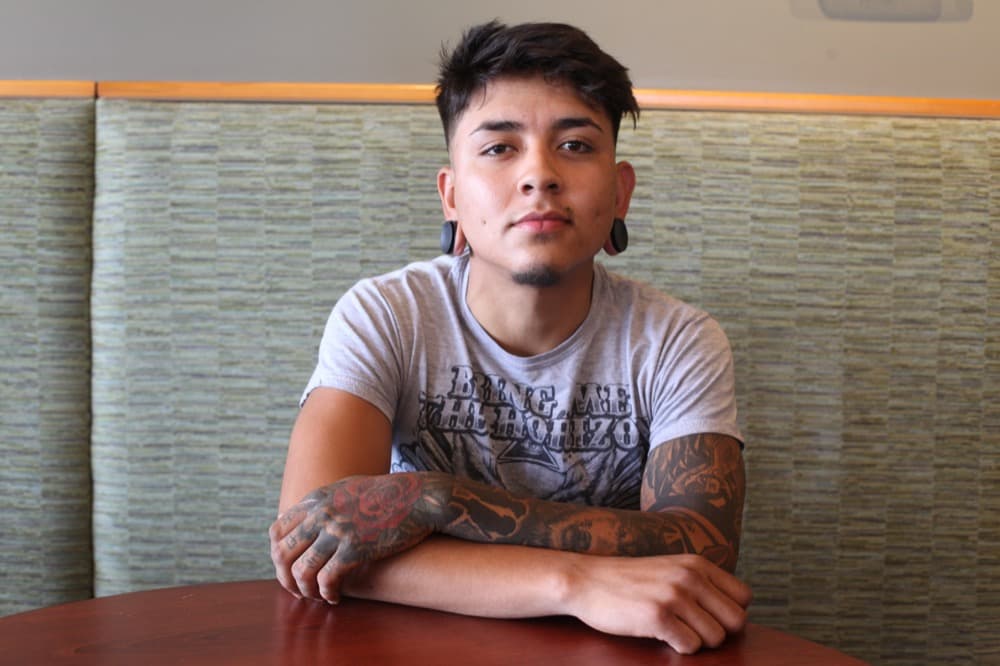Donald Trump has at various times promised a crackdown on undocumented immigrants. Among those who are most afraid: the young people who once saw citizenship within reach.
"It's a lot of fear. We’re receiving calls from different clients because they are scared their kids are going to be deported," said Denver immigration attorney Belén Albuja, her voice heavy on the morning after the election.
More than 28,000 people in Colorado and 800,000 nationally have been granted temporary amnesty from deportation under the Obama administration. All of them were younger than 16 when they arrived here, and most were under 19 when they applied for protection. Trump has promised to end the program that offered them mercy.

The program is called DACA -- Deferred Action for Childhood Arrivals -- and it began in 2012. Rather than citizenship, it can give people the right to work, the ability to get a driver's license and a promise that they won't be thrown out of the United States just yet.
This morning, calls about DACA and deportation flooded into Hablemos Hoy, one of the most popular Latino radio programs in Colorado.
"The fear is going to multiply in the coming days," Albuja said.
Daniel Castellanos was 11 years old when his family brought him here Guadalajara, Mexico. Getting DACA status allowed him to work and support the family after his father was arrested on a firearms charge and deported. When we spoke over the summer, he was most worried that an end to DACA would end his car-detailing business.
“I’m worried about my license. I drive everywhere,” the 20-year-old said when I interviewed him over the summer. “If I get pulled over without that, that’s an automatic ticket. I could get taken to jail.”
If Trump fulfills his promises, it could be more than just documents. It could be deportation.
"We have to make a whole new set of standards. And when people come in, they have to come in legally," Trump said of Obama's immigration orders last year.
The president-elect's campaign website vows to "(i)mmediately terminate President Obama’s two illegal executive amnesties. All immigration laws will be enforced -- we will triple the number of (Immigrations and Customs Enforcement) agents. Anyone who enters the U.S. illegally is subject to deportation."
(Update: The presidential transition website, greatagain.gov, now makes the same promise.)
What makes DACA recipients most vulnerable:
Trump could revoke this program with his signature, as it was based only on President Barack Obama's executive order. Additionally, there's the fear of knowing that they applied for this status -- that they explicitly told the government they had arrived without authorization.
The federal government has promised that it won't share DACA applicants' information with enforcement agencies like ICE – but that policy can be changed at any time, according to U.S. Citizenship and Immigration Services.
DACA creates no "right or benefit, substantive or procedural, enforceable by law by any party in any administrative, civil, or criminal matter, USCIS states. In other words, it can be taken away by the federal government at any time. Trump and the Republican party now control the federal government.
For now, attorney Albuja is holding out hope that her clients will be allowed to stay.
"I don’t think that he can do it because of the political weight that DACA has," she said. But if he does, it will be "back to the shadows" for tens of thousands of people.












